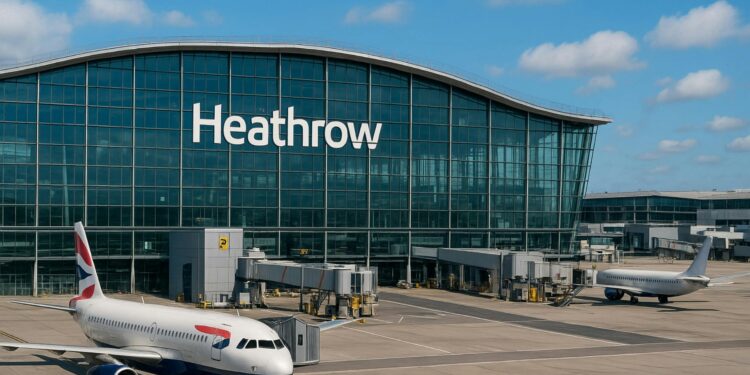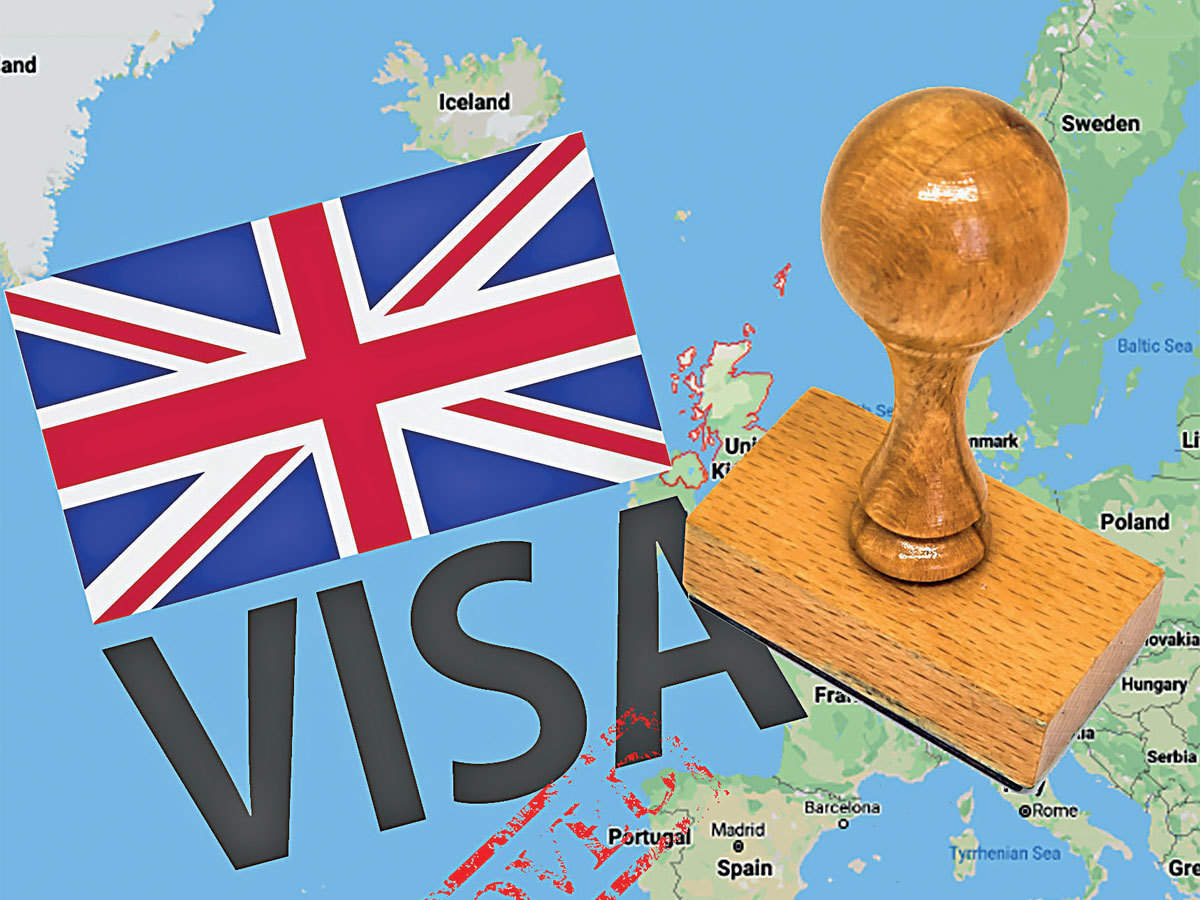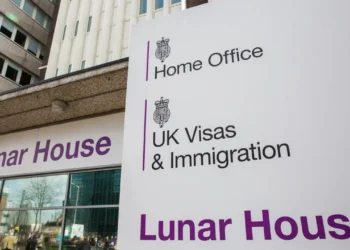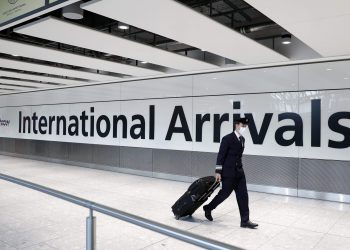Moving to the UK is an exciting step, but for many immigrants, the first hurdle is understanding the visa system. With dozens of categories, changing requirements, and official jargon, it can be overwhelming.
That’s why we’ve created this straightforward guide to the main UK visa types. Whether you want to work, study, join family, or simply visit, this article breaks down your options in plain English.
At Clariform, our mission is to provide clear, reliable, and practical insights for immigrants. While this guide does not replace legal advice, it will give you a strong starting point to understand which visa path might apply to you.
Why UK Visas Matter
A visa is the UK government’s legal permission for you to enter, stay, or settle in the country. Choosing the right visa is crucial — the wrong choice could delay your journey or even put your immigration plans at risk.
Most visas fall under four main categories: work visas, student visas, family visas, and visitor visas. Knowing these broad routes makes it easier to navigate the details.
Work Visas
If you’re coming to the UK for employment, there are several work visa options:
- Skilled Worker Visa – For people offered a job by a UK employer approved by the Home Office. You’ll usually need to meet salary, skills, and English language requirements.
- Health and Care Worker Visa – A popular route for nurses, carers, and NHS staff. This visa has lower fees and faster processing.
- Temporary and Seasonal Work Visas – For short-term employment, such as seasonal farm work.
- Innovator Founder & Start-up Visas – For entrepreneurs who want to set up a business in the UK.
💡 Tip: Many work visas can lead to Indefinite Leave to Remain after five years.
Student Visas
The UK is home to some of the world’s top universities and colleges. If you plan to study, you’ll likely need one of these:
- Student Visa – For higher education students (usually age 16+). You’ll need an offer from a licensed UK institution and proof of funds.
- Child Student Visa – For children under 18 studying at an independent school.
- Graduate Visa – For students who have completed a UK degree and want to stay and work for two years (three years for PhD graduates).
💡 Tip: Many students later switch to work visas or use their study time to prepare for permanent settlement.
Family Visas
If you have close relatives already settled in the UK, family visas may allow you to join them:
- Spouse or Partner Visa – For people married to or in a long-term relationship with a British citizen or settled person.
- Parent Visa – If your child lives in the UK and is under 18 (or dependent).
- Child Visa – For dependent children joining parents who are in the UK.
💡 Tip: Family visas are often the most complex because of financial and relationship evidence requirements. Always double-check before applying.
Visitor Visas
Visitor visas are for short stays, usually up to six months. They cover:
- Tourism and holidays
- Visiting family and friends
- Short study courses
- Certain business activities (such as attending a conference)
For details, see the official guide on the Standard Visitor Visa.
⚠️ Important: A visitor visa does not allow you to work or live permanently in the UK.
Common Mistakes to Avoid
Many immigrants make errors that can delay or ruin their applications. Watch out for:
- ❌ Applying for the wrong visa type (e.g., thinking a visitor visa allows work).
- ❌ Not meeting financial requirements — proof of funds is often strict.
- ❌ Missing English language tests when required.
- ❌ Forgetting about visa expiry dates — overstaying can affect future applications.
FAQs on UK Visas
Can I switch visas inside the UK?
Yes, but only in certain cases. For example, a student may switch to a Skilled Worker visa if they find a qualifying job. See Switch to a Skilled Worker visa for details.
Which visas lead to settlement (ILR)?
Work visas and family visas are the most common paths. Learn more at Indefinite Leave to Remain (ILR).
Practical Tips Before You Apply
- Always check the UK Government’s official website for up-to-date rules.
- Start collecting documents early (passport, bank statements, proof of relationships).
- Budget for application fees — UK visas can be expensive.
- If your case is complex, consider speaking with a licensed immigration adviser.
Conclusion
The UK visa system may feel complicated, but once you understand the four main categories — work, student, family, and visitor — the process becomes much clearer. Each route serves a different purpose, and knowing the basics will help you avoid costly mistakes.
At Clariform, we are committed to cutting through the noise and giving immigrants clear, trustworthy guidance. For more helpful insights, explore our Immigration Hub to keep building the knowledge you need for every step of your journey.













